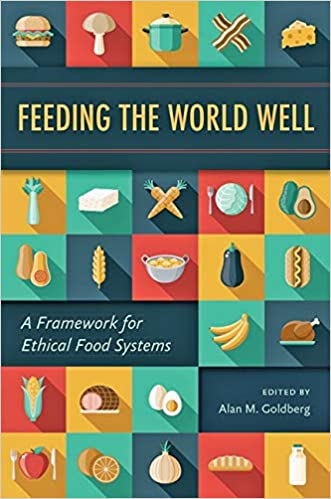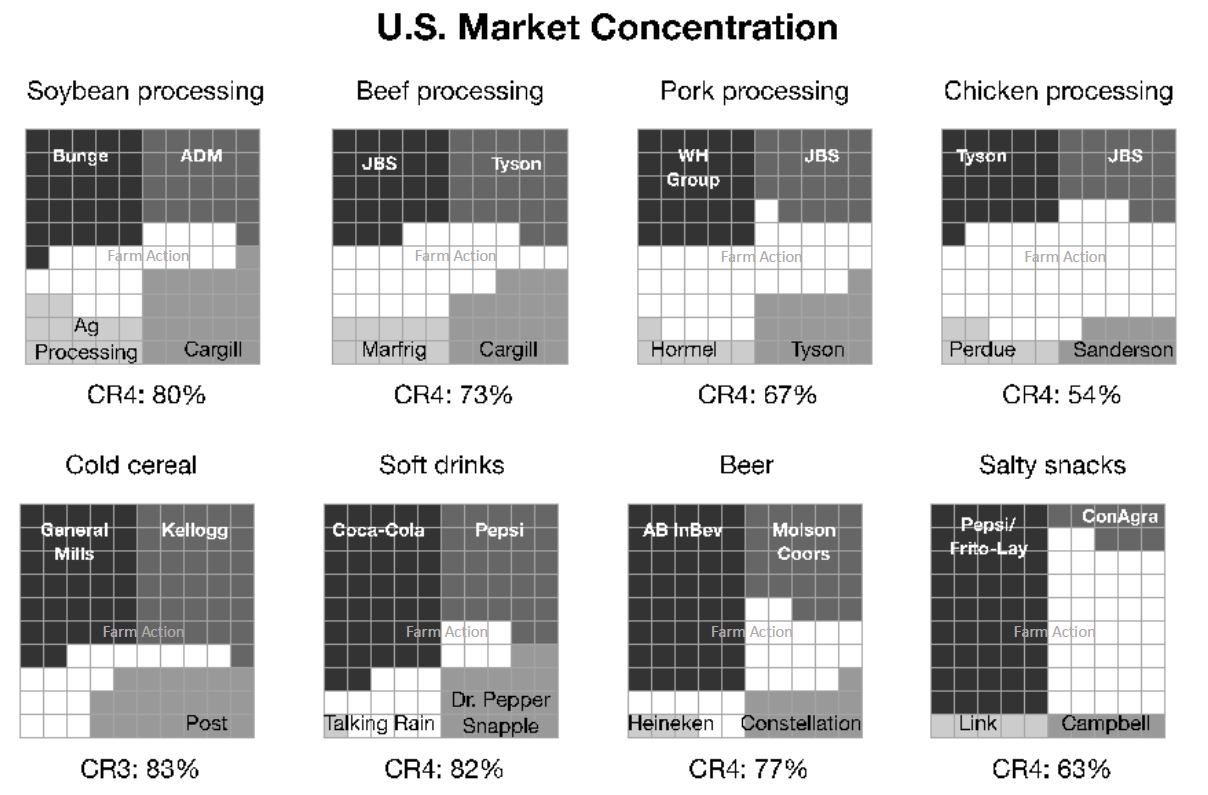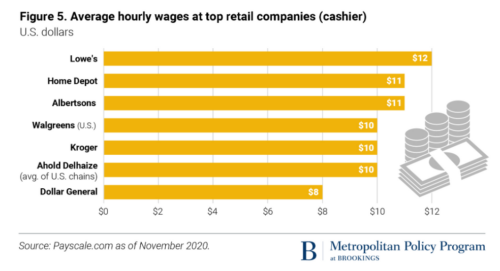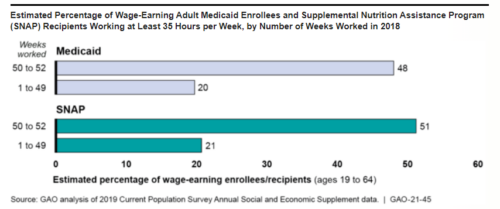Food industry marketing ploy of the week: exploiting Covid-19
I am indebted to BeverageDaily.com, for this item(and to Lisa Young for sending it to me).
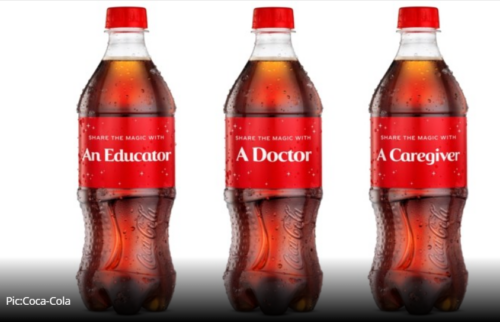
Coca-Cola says:
In a year defined by a global pandemic, Coca-Cola’s Share a Coke campaign is dedicated to ‘holiday heroes’ – those who have gone the extra mile by dedicating time, energy and attention to their friends, families and communities…For 100 years, Coca-Cola has been known for bringing magic and cheer to the Christmas holiday…Now, alongside its iconic Santa and polar bears, Coca-Cola is celebrating the season by putting the spotlight on everyday heroes. Coca-Cola wants to help people feel connected, and to celebrate friends, family and people in the community who deserve an extra special gift of things, especially in an unprecedented year.
This, recall, is about marketing a sugary beverage strongly associated with poor diets, obesity, type-2 diabetes, and heart disease, all well established as risk factor for poor outcomes of Covid-19.
Here’s what MarketingDive says the campaign is about.
Comment: Educators, doctors, and caregivers ought to be advising everyone they deal with to do what they can to consume sugary beverages infreuently, and in extremely small amounts, if at all. And that’s good advice for everyone in this holiday seaseon.

